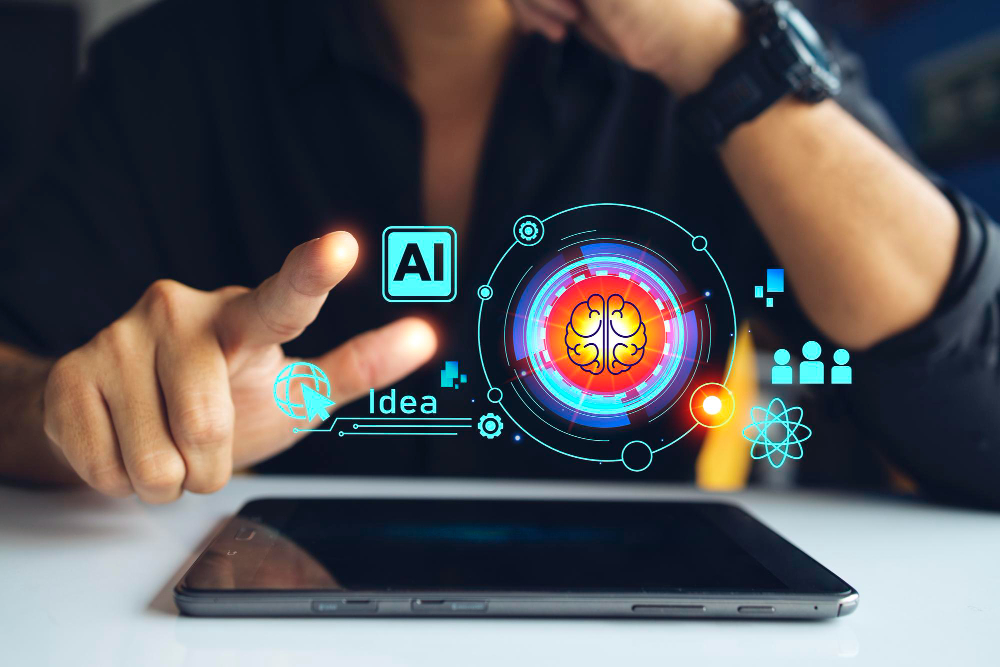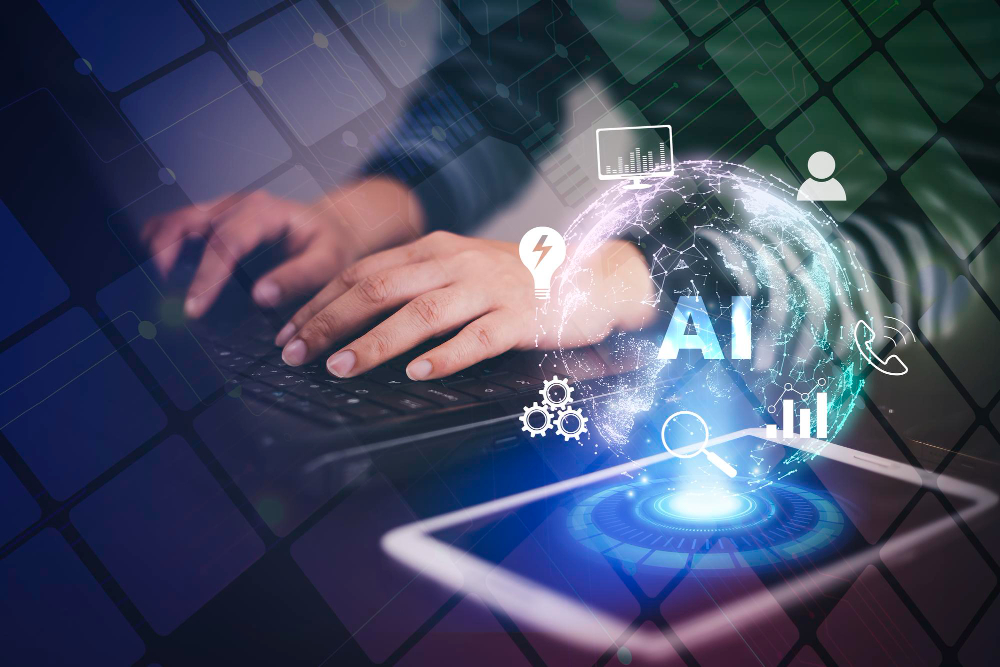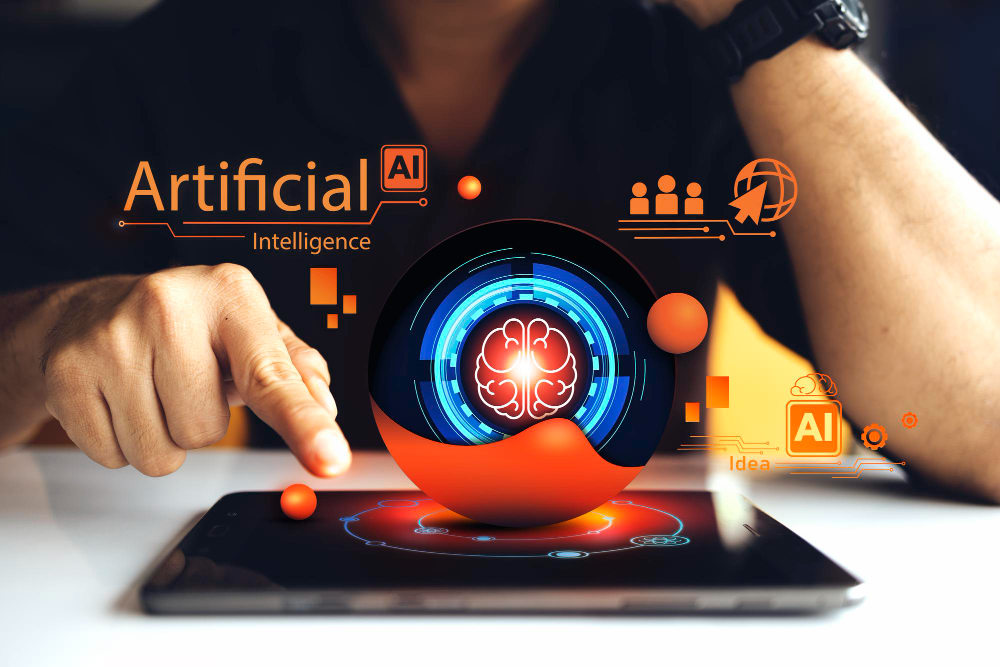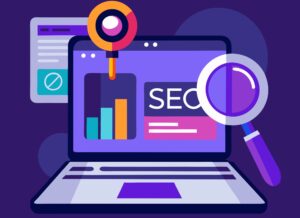Automation and AI in Digital Marketing: Streamlining Your Efforts
- 1 Understanding Automation in Digital Marketing
- 2 The Role of AI in Digital Marketing
- 3 Benefits of Automation and AI in Digital Marketing
- 3.1 Increased Efficiency and Time-Saving:
- 3.2 Improved targeting and personalization:
- 3.3 Enhanced Data Analysis and Insights:
- 4 Challenges and Concerns
- 5 Successful Implementation Strategies
- 5.1 Tips for Integrating Automation and AI Seamlessly:
- 5.2 Case Studies of Successful Digital Marketing Campaigns:
- 6 Tools and Technologies in Automation and AI
- 7 Future Trends in Automation and AI
- 7.1 Emerging Technologies and Their Impact:
- 7.2 Anticipated Developments in the Digital Marketing Landscape:
- 8 Real-World Examples
- 8.1 A Showcase of Brands Utilizing Automation and AI Effectively:
- 8.2 Results and positive outcomes achieved:
- 9 Tips for Small Businesses
- 9.1 Tailoring Automation and AI for Small-Scale Operations:
- 9.2 Cost-Effective Solutions and Entry Points:
- 10 Human Touch in Digital Marketing
- 10.1 Balancing Automation with Personalized Human Interaction:
- 10.2 Importance of Maintaining a Human Connection in Marketing:
- 11 Measuring Success in Automated Campaigns
- 11.1 Key Performance Indicators (KPIs) for Assessing Automation and AI Effectiveness:
- 11.2 Adjustments and Refinements Based on Performance Metrics:
- 12 Ensuring Ethical Practices
- 12.1 Importance of Ethical Considerations in Automated Marketing:
- 12.2 Building Trust with Consumers Through Responsible Practices:
- 13 Overcoming Resistance to Automation
- 13.1 Strategies for Addressing Employee and Consumer Apprehensions:
- 13.2 Communicating the Benefits of Automation Effectively:
- 14 Conclusion
- 14.1 FAQs
- 14.1.1 Q: How can small businesses benefit from automation and AI in digital marketing?
- 14.1.2 Q: What are the key challenges in implementing automation and AI in digital marketing?
- 14.1.3 Q: How can businesses measure the success of automated marketing campaigns?
- 14.1.4 Q: What is the future outlook for automation and AI in digital marketing?
- 14.1.5 Q: How can businesses overcome resistance to automation among employees and consumers?
In the ever-evolving landscape of digital marketing, businesses are continually seeking ways to stay ahead of the competition and connect with their target audience more effectively. The advent of automation and artificial intelligence (AI) has revolutionized the way marketing campaigns are executed, offering a streamlined approach that enhances efficiency and delivers impressive results.
Understanding Automation in Digital Marketing

Definition and Significance:
Automation in digital marketing refers to the use of technology to perform repetitive tasks, allowing marketers to focus on more strategic aspects of their campaigns. This includes tasks such as email marketing, social media posting, and data analysis. The significance lies in the time and resources saved, enabling teams to allocate their efforts more strategically.
Key Areas of Automation:
Automation is applied across various digital marketing channels, including email marketing, social media management, content distribution, and customer relationship management (CRM). By automating routine tasks, marketers can ensure consistency and precision in their campaigns.
The Role of AI in Digital Marketing
-
Introduction to AI:
AI is the simulation of human intelligence in machines that are programmed to think and learn like humans. In digital marketing, AI plays a pivotal role in analyzing vast amounts of data, predicting consumer behavior, and optimizing campaigns in real-time.
-
Applications of AI in Digital Marketing:
AI is applied in areas such as chatbots for customer service, personalized content recommendations, predictive analytics for targeted advertising, and even in the creation of compelling marketing copy. Its versatility makes it a valuable asset in crafting more personalized and effective marketing strategies.
Benefits of Automation and AI in Digital Marketing
Increased Efficiency and Time-Saving:
One of the primary benefits of automation and AI is the significant time saved in executing routine tasks. Marketers can focus on strategy and creativity, leading to more impactful campaigns. The efficiency gained allows for quicker responses to market trends and consumer behavior.
Improved targeting and personalization:
Automation and AI enable businesses to analyze vast datasets to understand their audience better. This leads to highly targeted campaigns and personalized content that resonates with individual consumers. The result is a more engaging and relevant experience for the audience.
Enhanced Data Analysis and Insights:
The capabilities of AI in data analysis are unparalleled. It can process large datasets quickly, providing valuable insights into consumer behavior, campaign performance, and market trends. This data-driven approach allows marketers to make informed decisions and refine their strategies for optimal results.
Challenges and Concerns
Potential Drawbacks of Over-Reliance:
While automation and AI offer tremendous benefits, over-reliance on these technologies can lead to challenges. Lack of human oversight may result in errors, and a disconnect from the human touch could alienate some consumers. Striking the right balance is crucial.
Addressing Privacy and Ethical Concerns:
The collection and use of vast amounts of consumer data raise privacy concerns. Marketers must prioritize ethical practices, ensure transparency in data usage, and respect user privacy. Building trust with consumers is paramount in the digital age.
Successful Implementation Strategies

Tips for Integrating Automation and AI Seamlessly:
Successful integration requires a thoughtful approach. Begin by identifying tasks that can be automated without sacrificing personalization. Invest in training teams to utilize AI tools effectively. Case studies of companies that have successfully implemented automation can provide valuable insights.
Case Studies of Successful Digital Marketing Campaigns:
Examining real-world examples of businesses that have leveraged automation and AI in their marketing efforts provides inspiration and practical lessons. Understanding the strategies and outcomes of these campaigns can guide other companies in their implementation.
Tools and Technologies in Automation and AI
Overview of Popular Tools on the Market:
The market offers a plethora of tools and technologies for automation and AI in digital marketing. From marketing automation platforms to AI-driven analytics tools, businesses can choose solutions that align with their specific needs and objectives.
Choosing the Right Technology for Specific Needs:
Selecting the right tools depends on the goals and scale of a business. Small businesses may benefit from user-friendly, cost-effective solutions, while larger enterprises may require robust, scalable platforms. Careful consideration and research are essential in making the best choices.
Future Trends in Automation and AI
-
Emerging Technologies and Their Impact:
The landscape of automation and AI is continually evolving. Emerging technologies such as machine learning, natural language processing, and augmented reality are poised to reshape the digital marketing landscape. Staying informed about these trends is crucial for businesses looking to stay ahead.
-
Anticipated Developments in the Digital Marketing Landscape:
As technology advances, so does its impact on digital marketing. Anticipated developments include even more sophisticated personalization, enhanced predictive analytics, and further integration of AI in customer service. Adapting to these changes positions businesses for continued success.
Real-World Examples
-
A Showcase of Brands Utilizing Automation and AI Effectively:
Leading brands across industries have embraced automation and AI to elevate their marketing efforts. From e-commerce giants using AI-driven recommendation engines to social media platforms deploying automated content scheduling, these examples highlight the versatility and effectiveness of these technologies.
-
Results and positive outcomes achieved:
Measurable results, such as increased engagement, higher conversion rates, and improved customer satisfaction, showcase the positive outcomes achieved through the strategic application of automation and AI. Learning from these successes can guide other businesses in their implementation.
Tips for Small Businesses
-
Tailoring Automation and AI for Small-Scale Operations:
Small businesses may initially find the prospect of automation daunting. However, by starting small and focusing on specific tasks that can benefit from automation, even modestly sized businesses can experience significant improvements in efficiency and effectiveness.
-
Cost-Effective Solutions and Entry Points:
Numerous cost-effective automation and AI solutions cater to the needs of small businesses. From email marketing automation tools to simple CRM systems, exploring entry points that align with budget constraints allows small businesses to access the benefits of these technologies.
Human Touch in Digital Marketing
-
Balancing Automation with Personalized Human Interaction:
While automation and AI streamline processes, maintaining a human connection in marketing is essential. Personalized interactions, genuine communication, and an understanding of the emotional aspects of consumer behavior contribute to a well-rounded marketing strategy.
-
Importance of Maintaining a Human Connection in Marketing:
Consumers value authenticity and genuine connections. Incorporating a human touch in marketing builds trust and fosters long-term relationships. Striking the right balance between automation and human interaction ensures a comprehensive and empathetic approach.
Measuring Success in Automated Campaigns
-
Key Performance Indicators (KPIs) for Assessing Automation and AI Effectiveness:
Measuring success in automated campaigns requires a focus on relevant KPIs. Metrics such as conversion rates, click-through rates, and customer retention provide insights into the impact of automation on business goals. Regularly analyzing these KPIs allows for continuous improvement.
-
Adjustments and Refinements Based on Performance Metrics:
Data-driven decision-making is crucial in the realm of automation and AI. Regularly reviewing performance metrics enables marketers to identify areas for improvement, make necessary adjustments, and refine strategies for ongoing success.
Ensuring Ethical Practices
-
Importance of Ethical Considerations in Automated Marketing:
As the use of automation and AI grows, ethical considerations become increasingly important. Transparency in data usage, adherence to privacy regulations, and responsible AI practices are critical to building trust with consumers.
-
Building Trust with Consumers Through Responsible Practices:
Consumers are becoming more conscious of ethical practices. Businesses that prioritize ethical considerations in their automated marketing endeavors not only comply with regulations but also build trust and loyalty with their audience.
Overcoming Resistance to Automation
-
Strategies for Addressing Employee and Consumer Apprehensions:
Resistance to change is common when introducing automation. Providing thorough training and transparent communication can address employee apprehensions. Similarly, communicating the benefits of automation to consumers and showcasing improved experiences can alleviate concerns.
-
Communicating the Benefits of Automation Effectively:
Educating both internal teams and consumers about the benefits of automation is key. Highlighting efficiency gains, improved personalization, and enhanced customer experiences can shift perceptions and garner support for the integration of automation and AI.
Conclusion
In conclusion, automation and AI are powerful tools that, when strategically implemented, can revolutionize digital marketing efforts. The benefits of increased efficiency, improved targeting, and enhanced data analysis are significant contributors to overall success. Businesses that embrace these technologies while maintaining a human touch in their marketing approach are poised for sustained growth in the dynamic digital landscape.
FAQs
Q: How can small businesses benefit from automation and AI in digital marketing?
Small businesses can benefit by starting with cost-effective solutions, focusing on specific tasks, and gradually expanding their use of automation based on their unique needs.
Q: What are the key challenges in implementing automation and AI in digital marketing?
Challenges include potential over-reliance, privacy concerns, and the need for ethical practices. Striking the right balance is crucial.
Q: How can businesses measure the success of automated marketing campaigns?
Key performance indicators (KPIs), such as conversion rates, click-through rates, and customer retention, are essential for assessing the effectiveness of automated campaigns.
Q: What is the future outlook for automation and AI in digital marketing?
The future holds developments in emerging technologies, increased personalization, and further integration of AI in customer service, shaping the future of digital marketing.
Q: How can businesses overcome resistance to automation among employees and consumers?
Strategies include providing thorough training, transparent communication, and effectively communicating the benefits of automation to both internal teams and consumers.

















